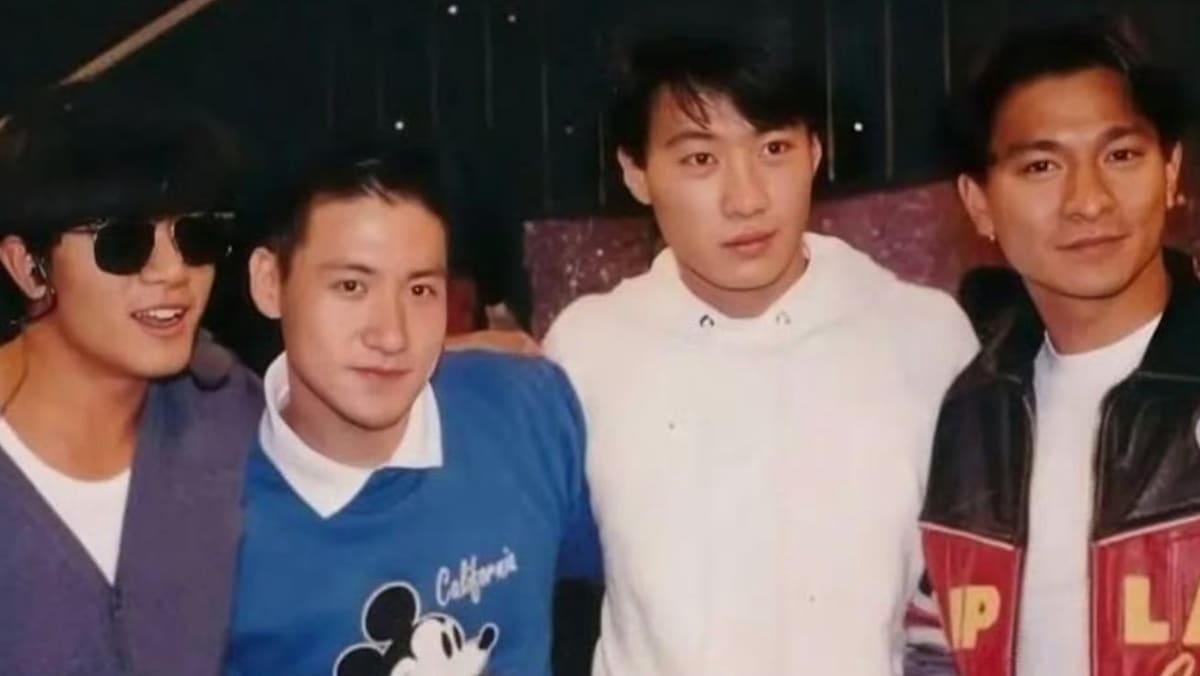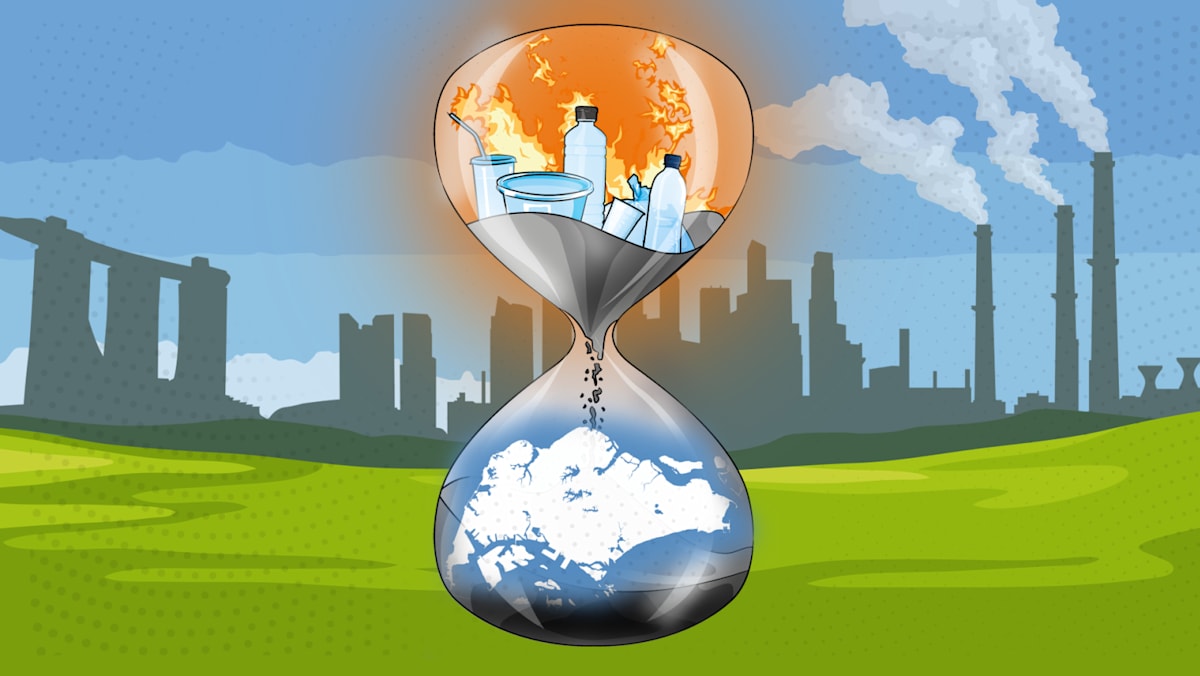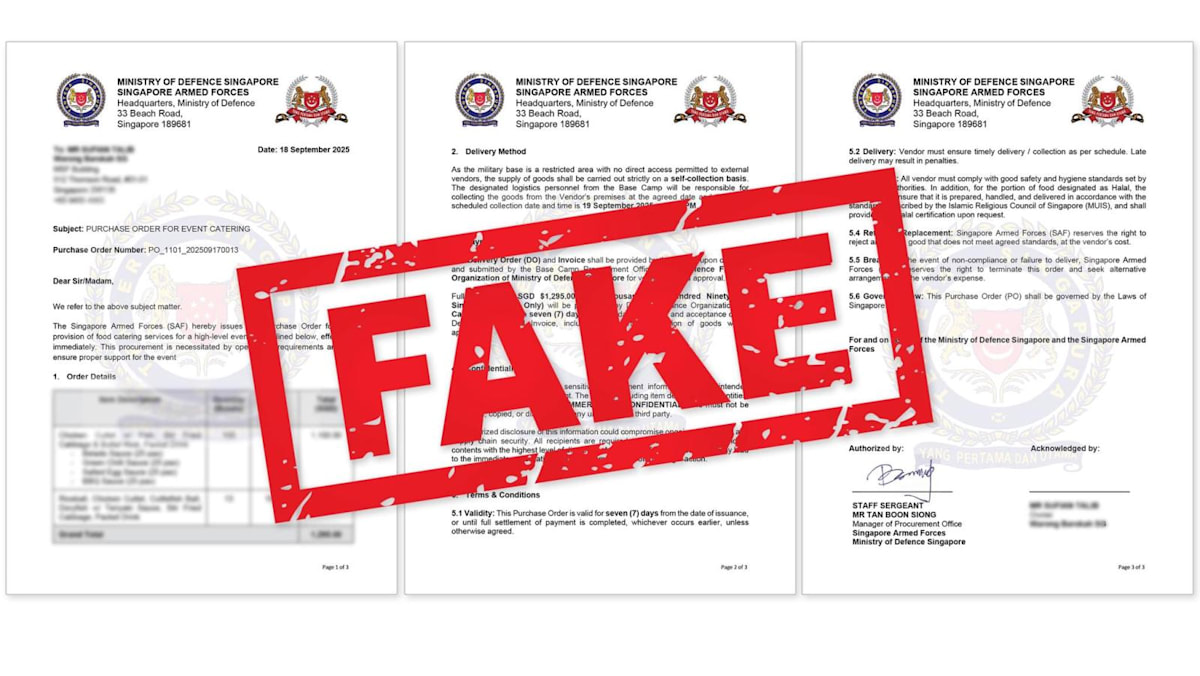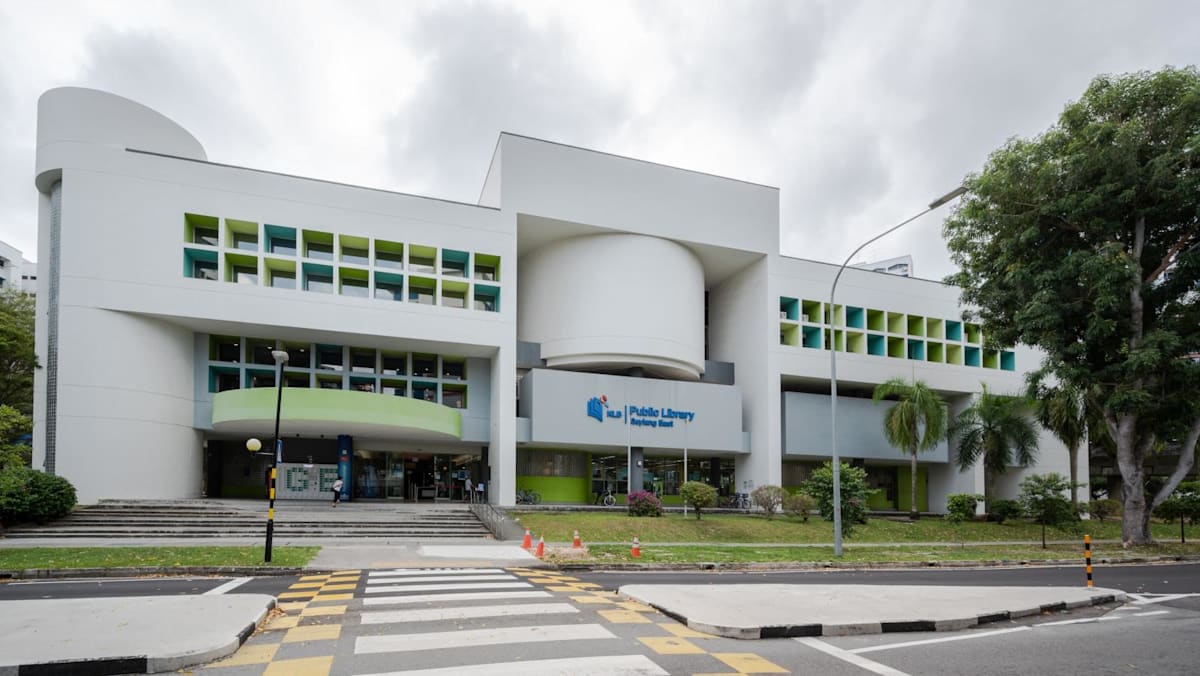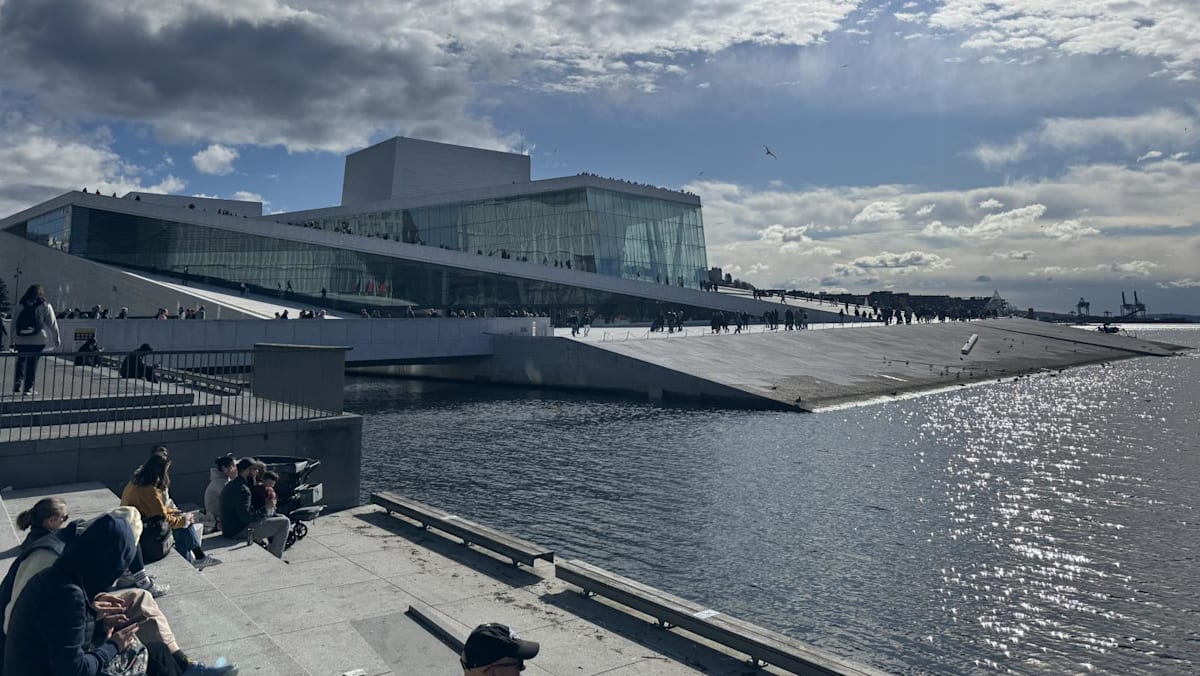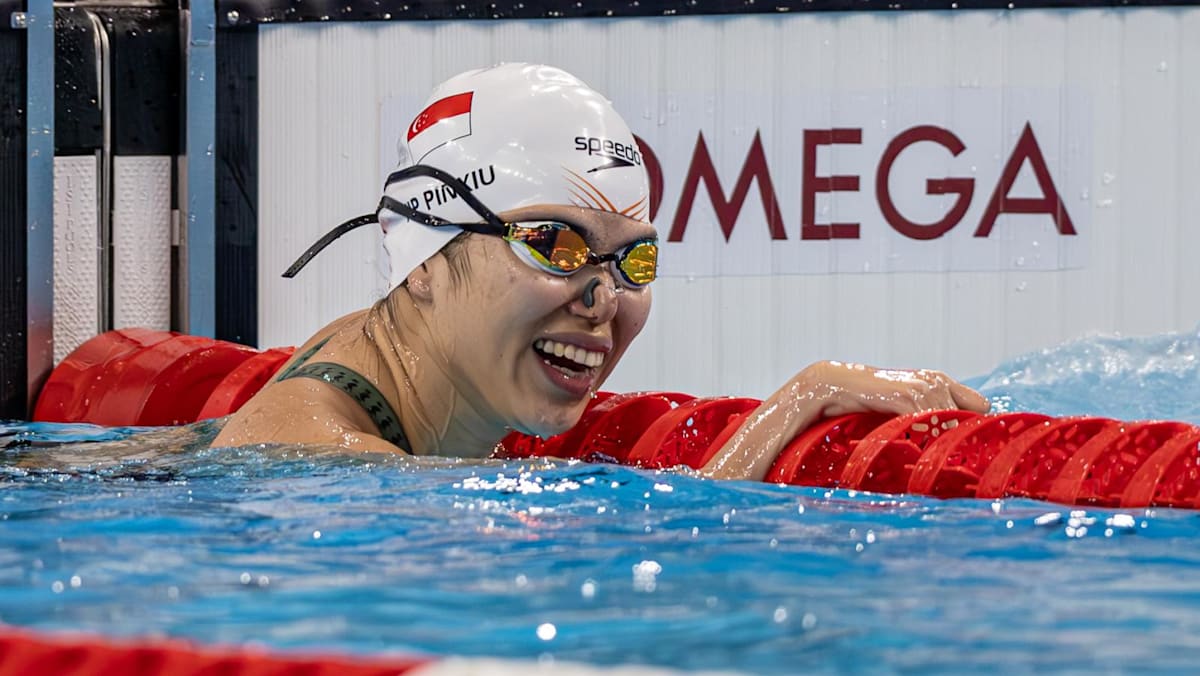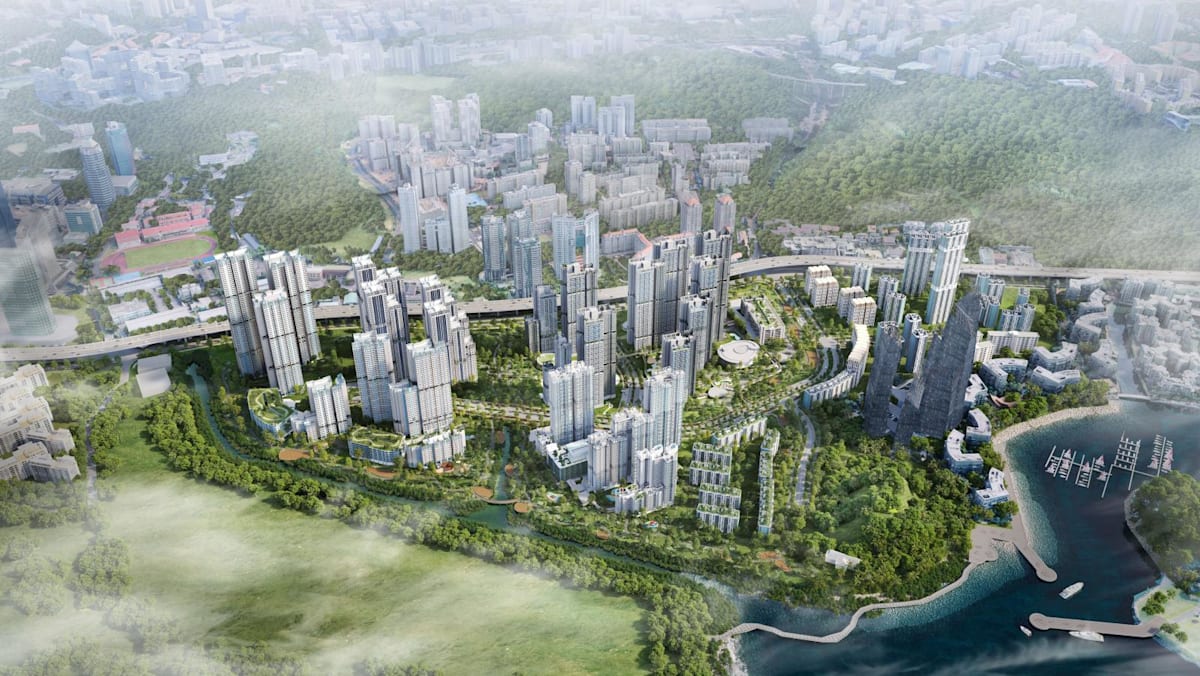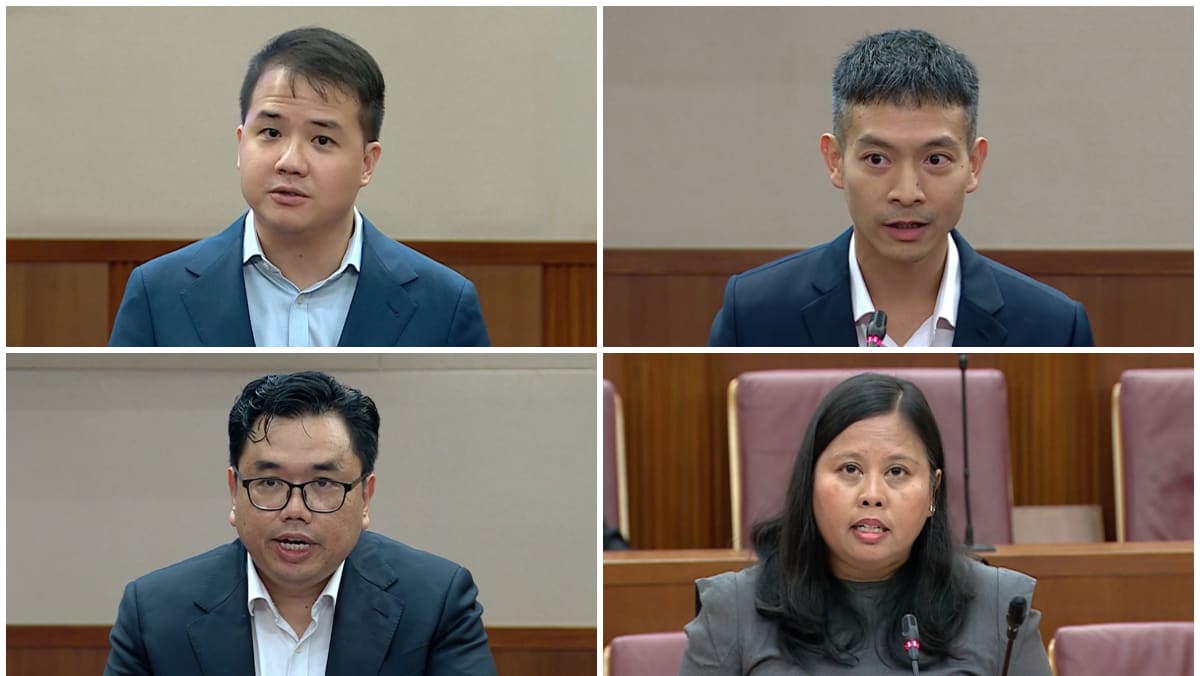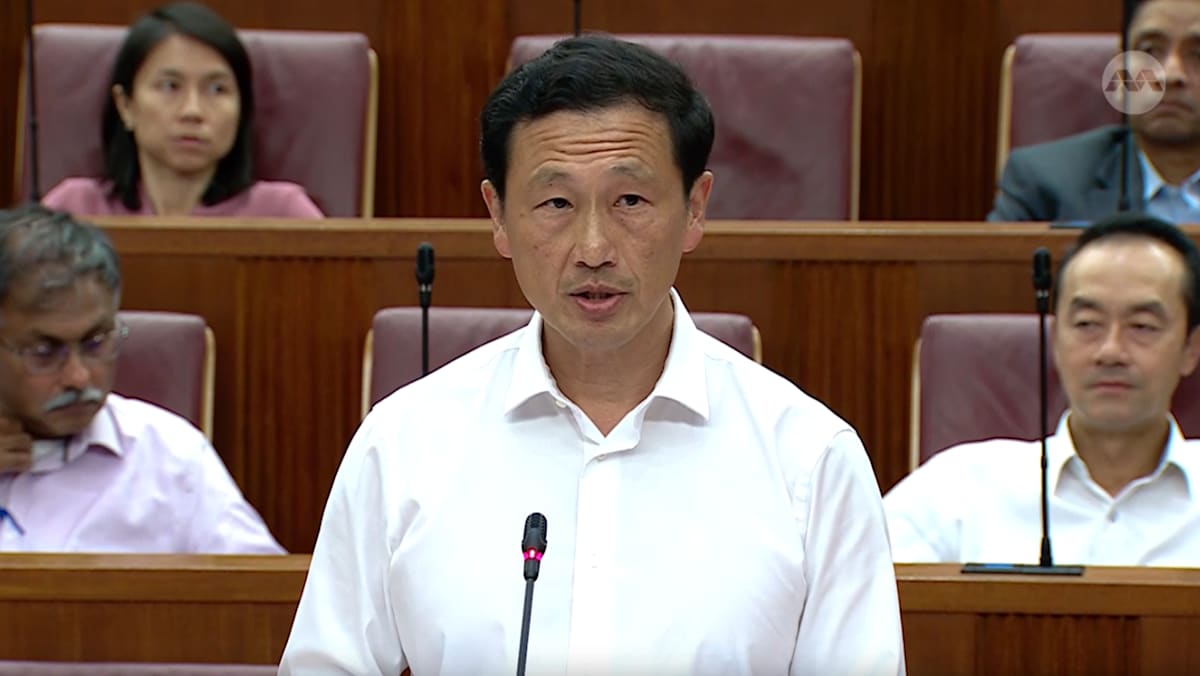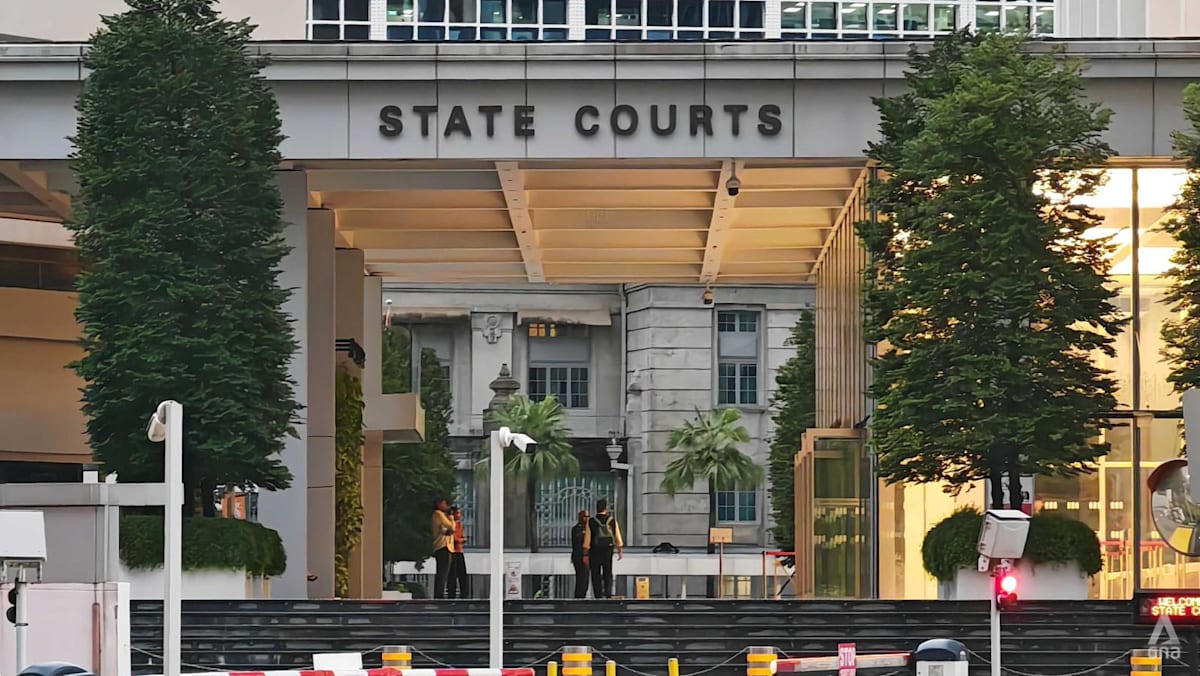Otherwise, it’s the ubiquitous blue bins set up to collect recyclables – where contamination is a well-documented hindrance.
Recycling rates for paper – the material most at risk of contamination – have dropped steeply in the past decade, from 52 per cent to 32 per cent.
Mr Cheang suggested having a dedicated collection bin just for paper in addition to the blue recycling bin, noting that this would be an easier transition than switching fully to an array of bins for different materials.
When it comes to food waste, one solution that researchers at the National University of Singapore and Singapore-ETH Centre are studying is the use of black soldier fly larvae, in a project funded by the National Research Foundation.
Compared to composting, which needs more space and does not capture the high-level nutrients in food scraps, black soldier flies are a more efficient method of breaking down food waste, said Ms Niraly Mangal, doctoral researcher at Singapore-ETH Centre.
Some obstacles to wider adoption are the “ick factor” attached to insects and waste, and the NIMBY or “not in my back yard” attitude when it comes to where black soldier fly facilities could be located in neighbourhoods, said Ms Mangal.
Like so many other pieces of the puzzle that is Singapore’s waste disposal problem, implementing such a solution will involve changing mindsets.
But if successful, a different scenario could await Singapore beyond 2035, absent a summit of rubbish on the skyline or punitive measures for producing too much trash.
Imagine a resident dropping off clean, dry recyclables at a smart machine at his void deck, earning reward points to redeem for grocery vouchers.
He then takes a short walk to his estate’s shared black soldier fly facility, and empties food scraps and unwanted leftovers there. Trained volunteers will later harvest and process the high-protein larvae to feed fish in community ponds and fertilise community gardens.
Out at sea, mangroves and corals thrive in the waters off Pulau Semakau – still Singapore’s only landfill, and where lately, the dump trucks have been quiet.


